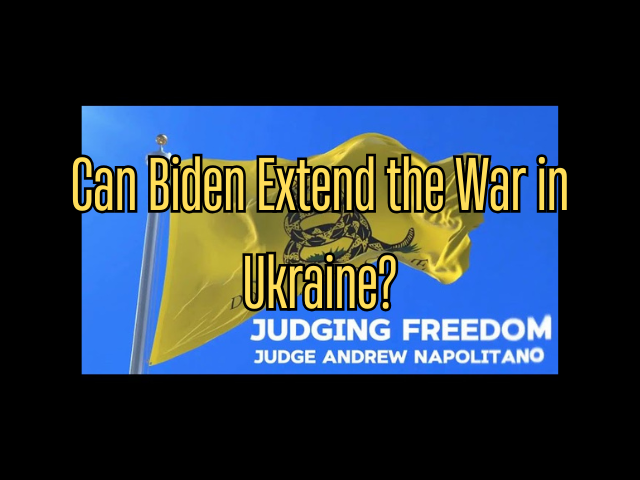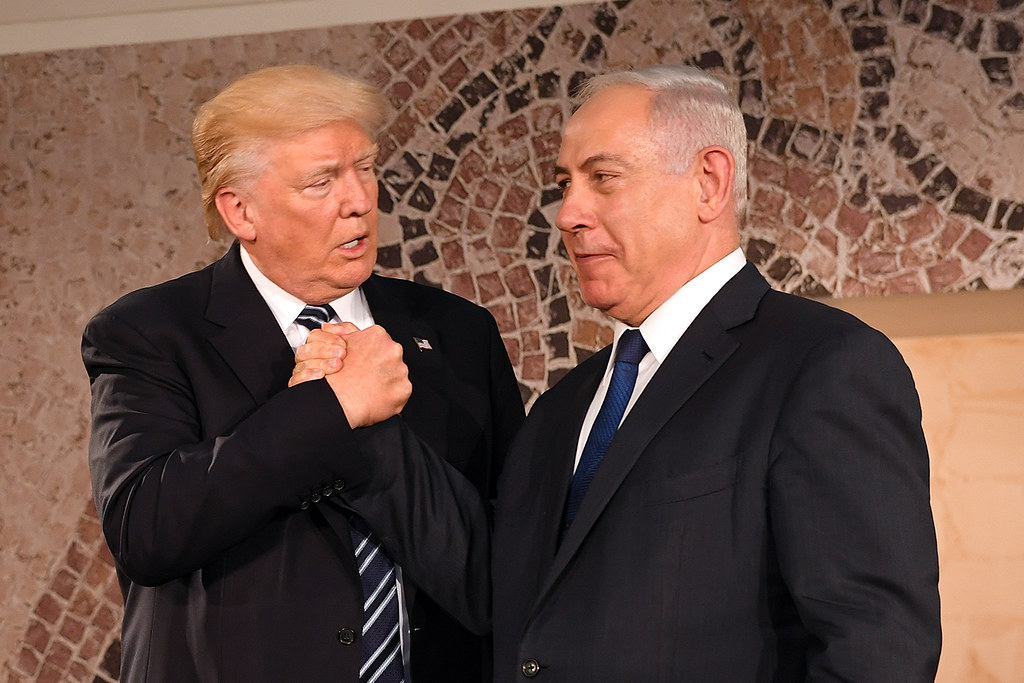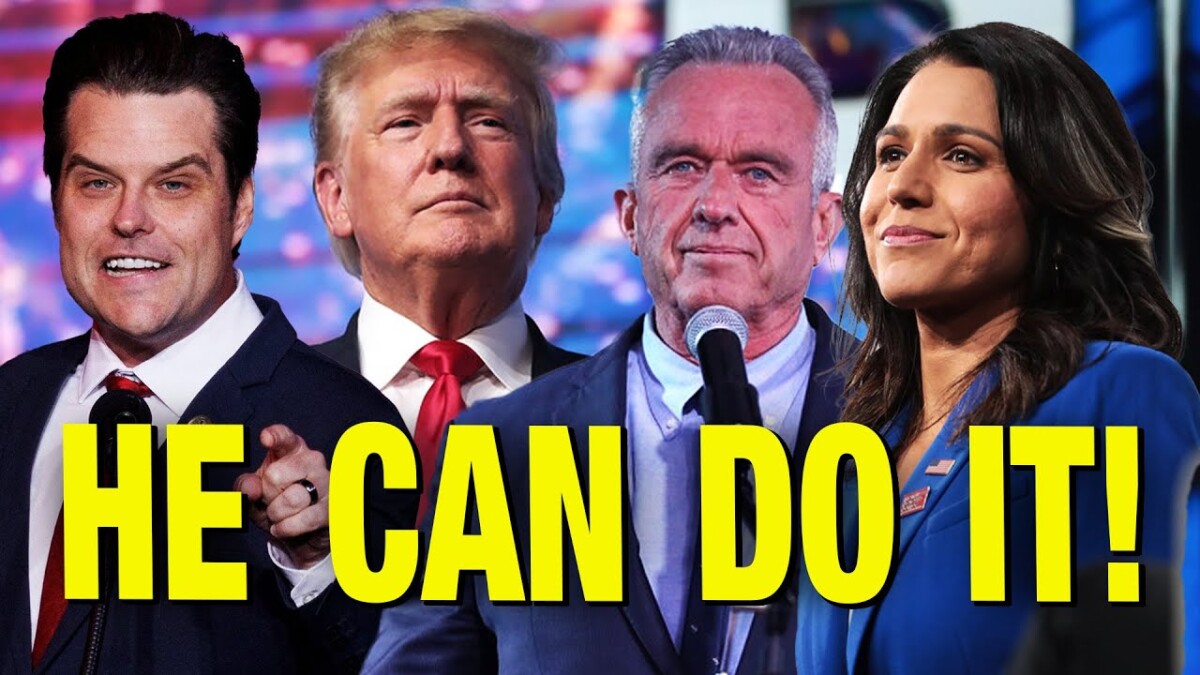Title: Understanding the Kremlin’s Reaction to U.S. Escalation: Insights from Dr. Gilbert Doctorow
In the realm of international relations, few topics are as critical and complex as the dynamics between the United States and Russia. Recent escalations in U.S. policy and military posture have prompted a range of reactions from the Kremlin, sparking discussions among analysts and scholars alike. In a recent YouTube video, Dr. Gilbert Doctorow, a respected expert in Russian affairs, delves into the intricacies of these developments and their implications for global stability.
The Context of U.S. Escalation
Dr. Doctorow begins by outlining the current geopolitical landscape, characterized by heightened tensions between the U.S. and Russia. The escalation can be traced to various factors, including military maneuvers, sanctions, and diplomatic standoffs. As the U.S. continues to assert its influence in Eastern Europe and beyond, the Kremlin’s response becomes increasingly significant.
Kremlin’s Strategic Calculations
In his analysis, Dr. Doctorow emphasizes that the Kremlin’s reactions are not merely reflexive but are grounded in strategic considerations. The Russian leadership views U.S. actions as direct threats to its national security and regional interests. This perception shapes their responses, which often include military posturing, cyber operations, and diplomatic countermeasures.
Dr. Doctorow highlights that the Kremlin is acutely aware of the historical context of U.S.-Russia relations. The legacy of the Cold War continues to inform contemporary strategies, with both sides wary of miscalculations that could lead to escalation. This historical lens is crucial for understanding the Kremlin’s current stance and its long-term objectives.
The Role of Public Perception
Another key aspect of Dr. Doctorow’s commentary is the role of public perception in shaping the Kremlin’s response. The Russian government is adept at using state-controlled media to frame U.S. actions in a negative light, reinforcing nationalistic sentiments among its populace. This narrative serves to justify the Kremlin’s countermeasures and bolster domestic support for its foreign policy decisions.
Dr. Doctorow notes that the Kremlin’s ability to control the narrative is a double-edged sword. While it can rally public support, it also risks creating an echo chamber that limits the government’s ability to engage in nuanced diplomacy. The challenge lies in balancing domestic messaging with the need for pragmatic international relations.
Implications for Global Stability
As Dr. Doctorow outlines, the ongoing escalation and the Kremlin’s reactions have significant implications for global stability. The risk of miscommunication and miscalculation remains high, particularly in a landscape where both nations possess substantial nuclear arsenals. The potential for conflict is a pressing concern, underscoring the importance of dialogue and diplomatic engagement.
Dr. Doctorow advocates for a renewed emphasis on diplomacy as a means to de-escalate tensions. He argues that both the U.S. and Russia must recognize their mutual interests in maintaining stability and preventing conflict. This requires a willingness to engage in constructive dialogue, even in the face of profound disagreements.
Conclusion
Dr. Gilbert Doctorow’s insights into the Kremlin’s reaction to U.S. escalation provide valuable perspectives on a critical issue in international relations. As tensions rise, understanding the motivations and strategies of both the U.S. and Russia becomes essential for policymakers and analysts alike. The path forward necessitates a commitment to diplomacy, dialogue, and mutual understanding to navigate the complexities of this multifaceted relationship.
For those interested in a deeper exploration of these themes, Dr. Doctorow’s full analysis can be found in his YouTube video, where he articulates the nuances of this pressing geopolitical issue with clarity and expertise. As we move forward, it is imperative that we remain vigilant and informed, fostering an environment conducive to peace and cooperation on the global stage.


